Can a Stainless Steel Pan be used to cook everything, including egg? Yes, if you know just a few tricks. Read on to find out the best way to fry an egg in a stainless steel pan while keeping it away from sticking to the surface.
1. Use for Cooking (scrambled) Eggs In Stainless Steel Without Sticking:
Pre-heat the stainless steel pan on a medium-high heat.
Use the water test to determine if the pan is at the right temperature. The water should not sizzle but form a bead that glides across the surface of the stainless steel pan. Make sure to dump the water out before adding fat.
- Add fat. I use about 1/2 TBSP of butter for 6-8 eggs.
- Allow the fat to heat up for 5-10 seconds.
- Pour in pre-scrambled eggs.
- Turn down heat to medium
- Allow the eggs to cook for 5-10 seconds without stirring.
- Gently stir scrambled eggs until cooked through, preventing any egg from sitting on the bottom for too long.
- Pour onto a plate, season, and enjoy!
That’s it! The key to cooking eggs in stainless steel without sticking lies in pre-heating the pan to the right temperature. And this is applicable to all types of egg preparations. As long as the stainless steel cookware is not too cool or too hot before food is added (and there is an appropriate amount of oil), there is no reason that eggs should stick.
For extra non-sticking power, you can always season your stainless steel pan. We highly recommend using butter when cooking eggs in stainless steel if you can. You will notice that it is so much easier than using oil, and it tastes better too!
One more trick! To prevent food from sticking to stainless steel, simply pour a few drops of water into a stainless-steel pan over high heat. If the drops crackle and slide onto the pan, it means it is the right temperature. You can then reduce the heat slightly and pour your eggs into the pan.
Furthermore, the timespan within which you'll have perfect eggs is 4 minutes — no sticking or breaking. The longer you cook the eggs, the harder the yolk will be. If you want medium yolks, cook the eggs for 5 minutes. A hard yolk will set in 6 minutes.
2. Why is Stainless Steel, a preferred choice in comparison to other popular cookware w.r.t frying an egg:
| Stainless steel Vs nonstick cookware | The most logical reason why some people avoid non-stick cookware for frying an egg is because of the dangerous chemicals that it many contain. If you are not scraping the pan, you should be fine. However, over time you are bound to get some of the material in your foods as the pan wears out. All in all, Stainless steel pans and their surfaces are the best for preparing eggs, since they're uncoated, unlike nonstick varieties, and are more durable and resistant to slip-ups in the kitchen |
| Stainless Steel Vs Cast Iron Cookware | The three most common reasons why your eggs may get stuck on a Cast Iron Pan are: Your cast iron skillet isn't seasoned enough, there's not enough oil, or you have the pan over the wrong heat temperature. If you don't get that right, you're going to end up with burnt eggs - and we all know how bad they taste and smell! |
| Stainless Steel Vs Ceramic Cookware | The only concern with frying eggs on Ceramic cookware is cleaning. Proper cleaning helps the ceramic pans perform well. However, leftover food particles can build up over time and interfere with the non-stick performance of the ceramic pans, which causes eggs to stick. |
4. Conclusion:
Eggs are a staple ingredient in almost any kitchen, and they are incredibly versatile. The list of sweet and savory dishes requiring eggs is endless. However, we’d like to put the spotlight on the humble egg itself and how best to prepare it using a stainless-steel pan. Chefs, professional cooks, and restaurants use stainless steel cookware for frying eggs, over any other cookware. It is long-lasting and allows more cooking flexibility (higher heat and oven safe). It is typically lighter-weight and gives you beautiful results.
Explore complete Stainless Steel Range here

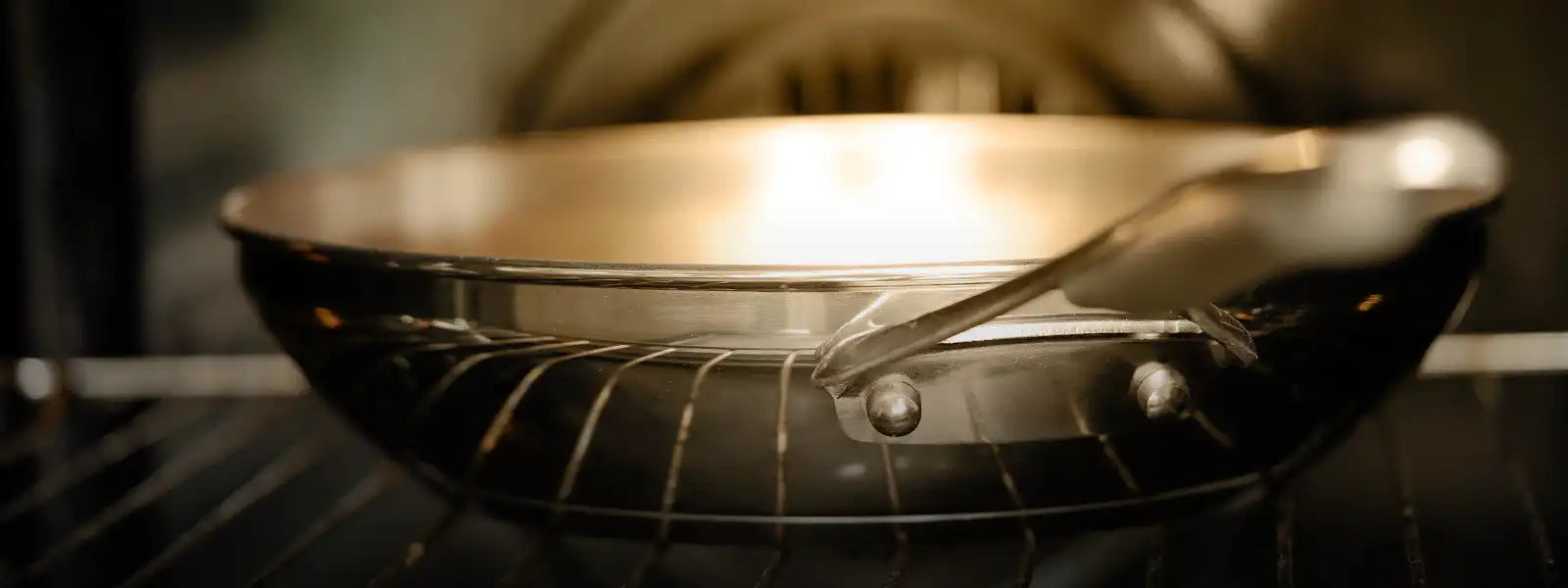
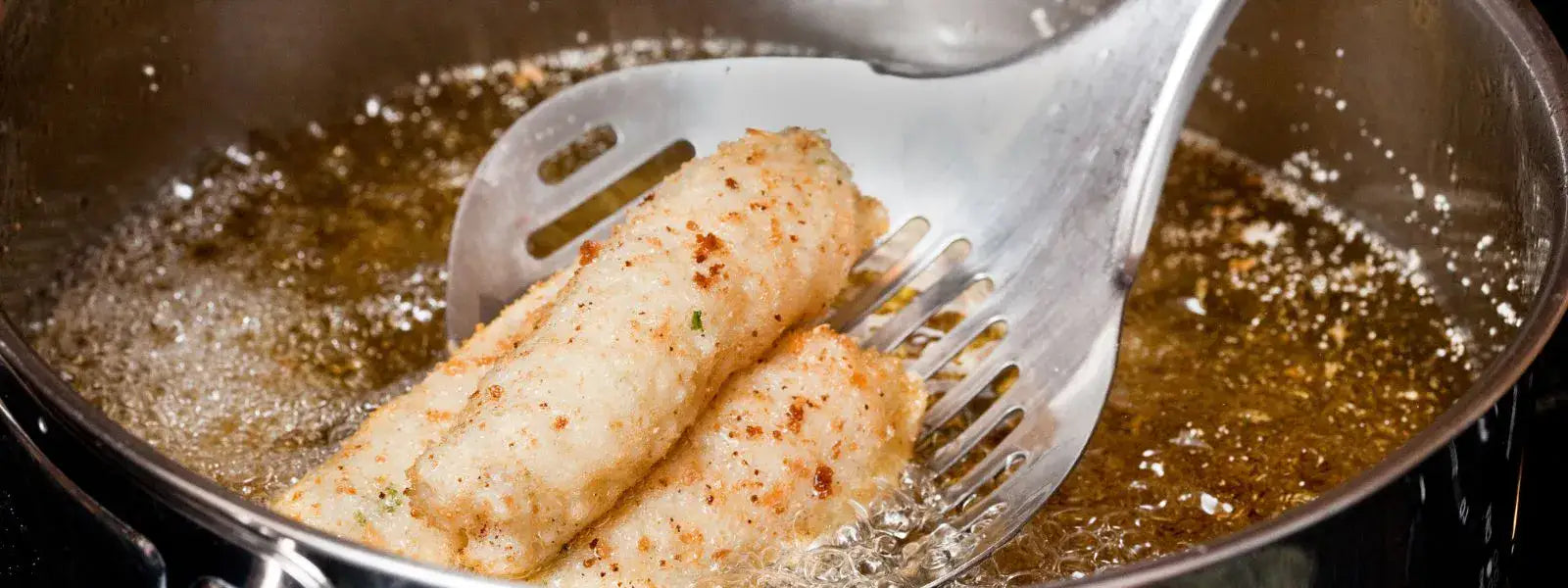
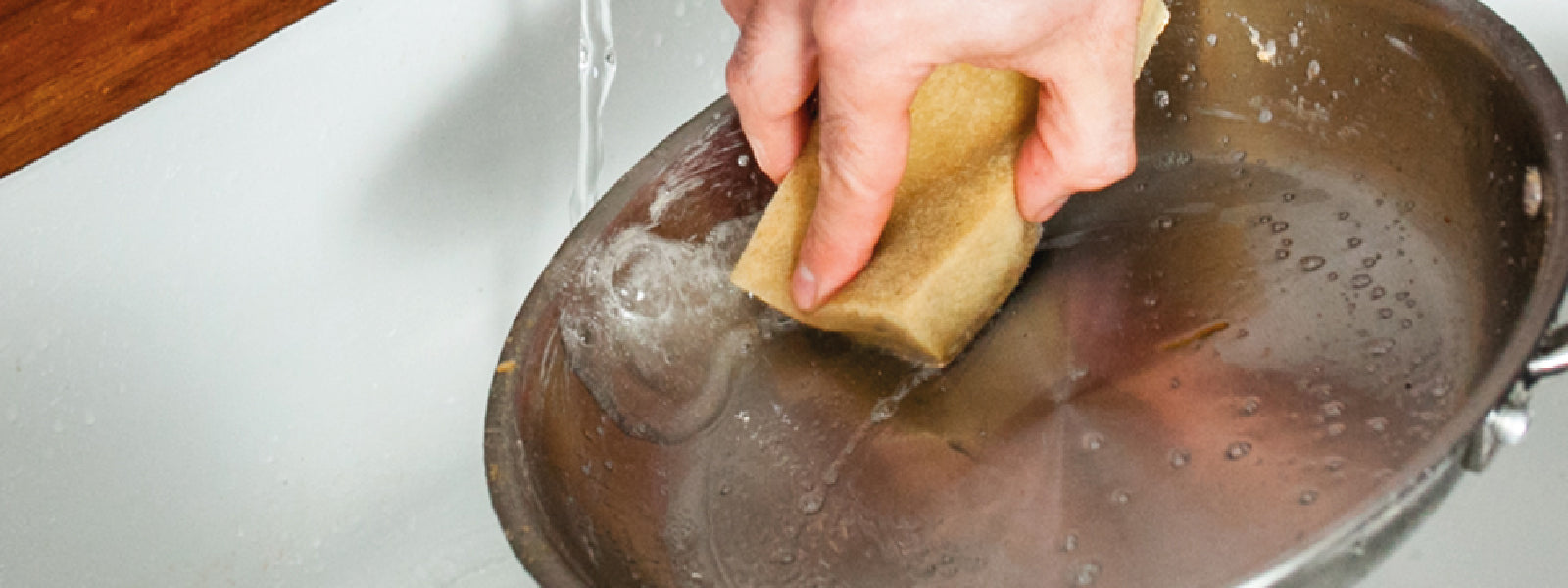
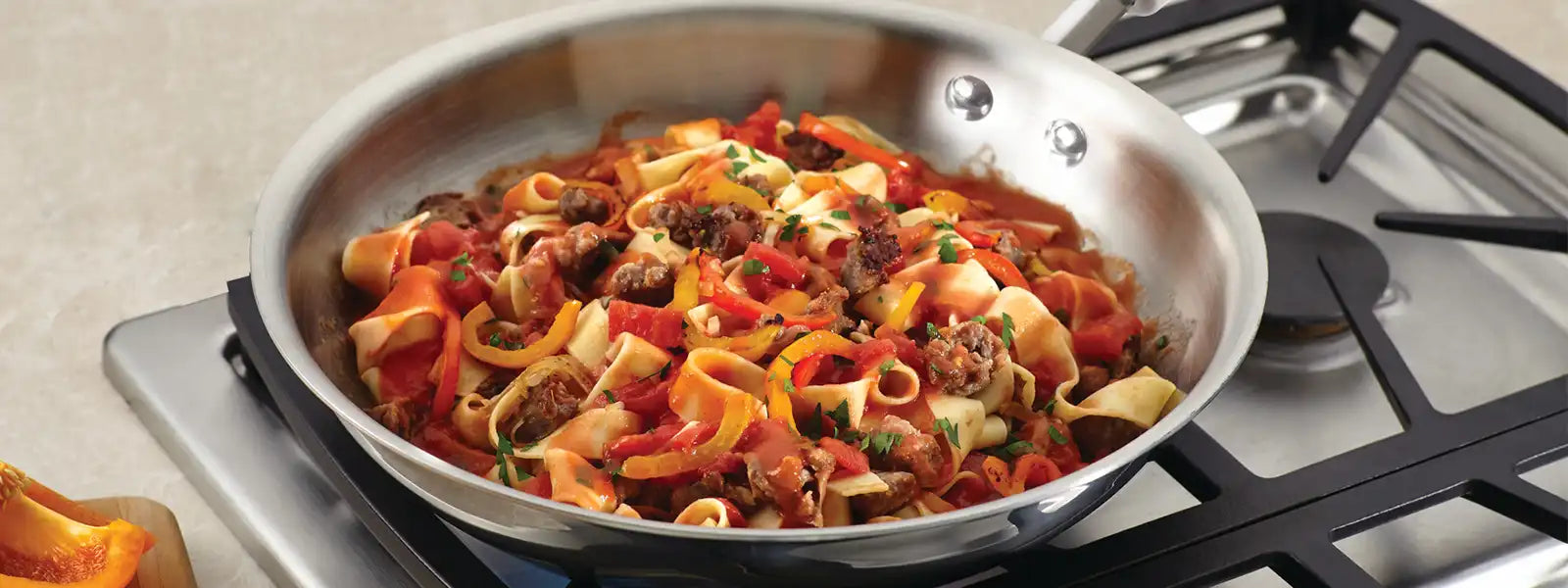
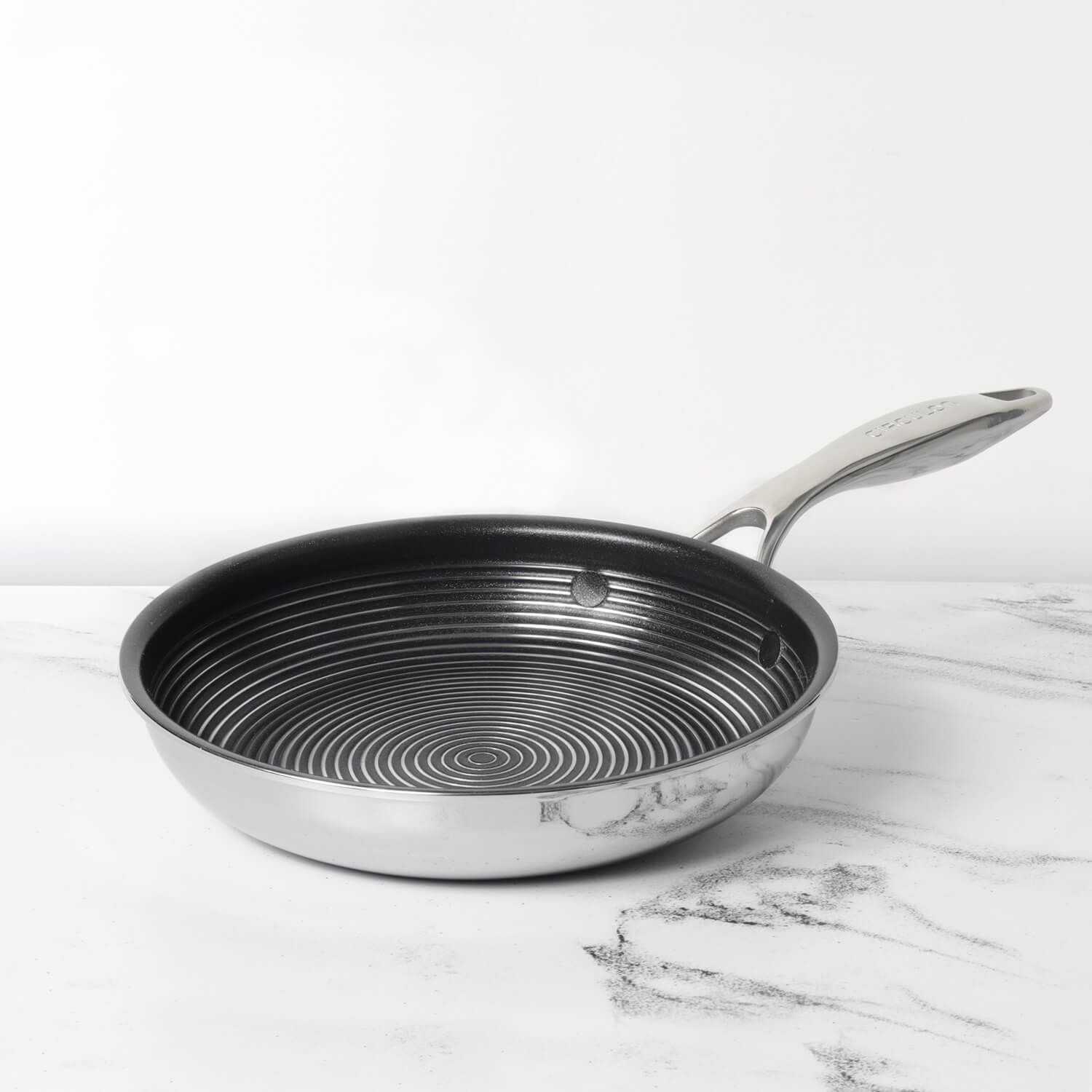
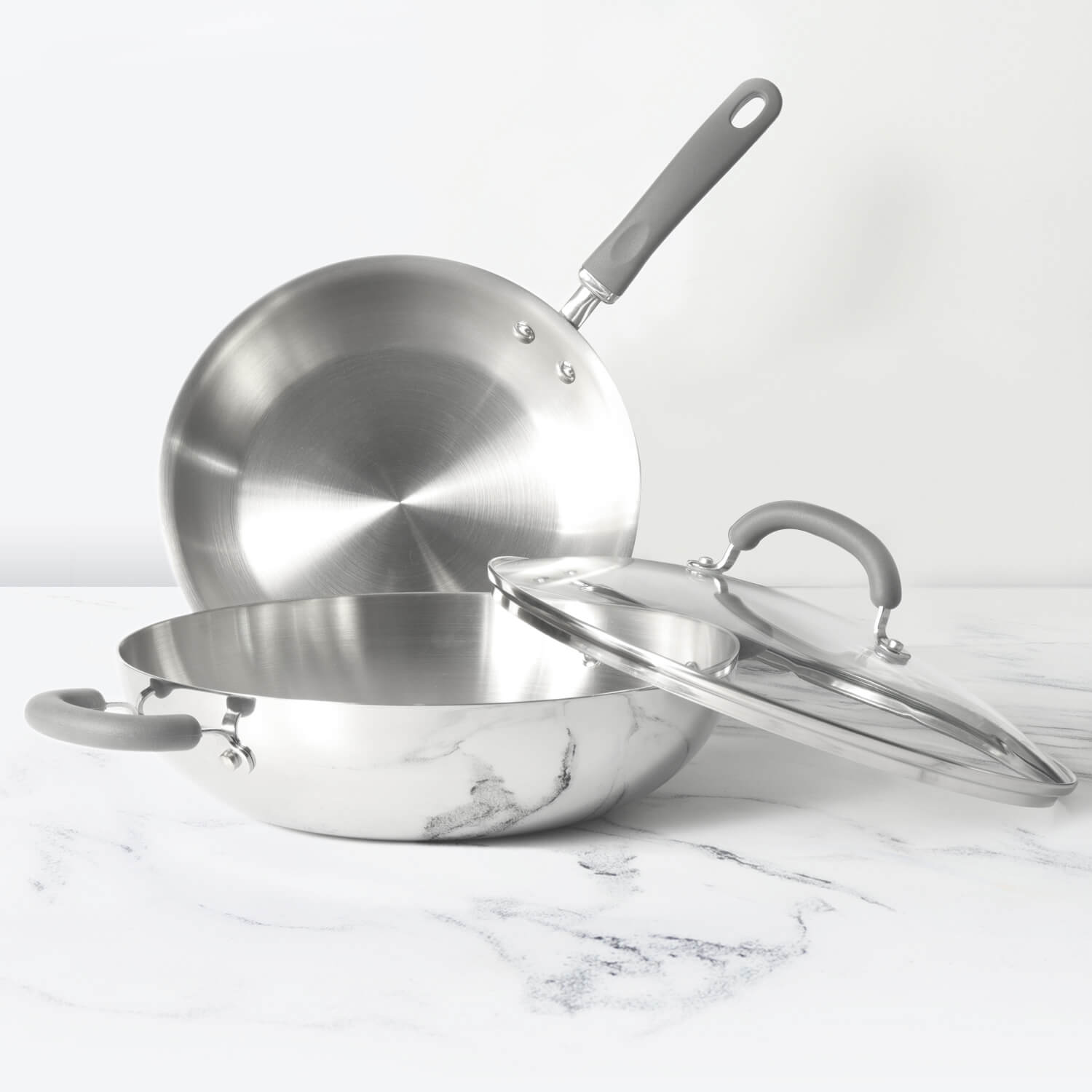




Leave a comment